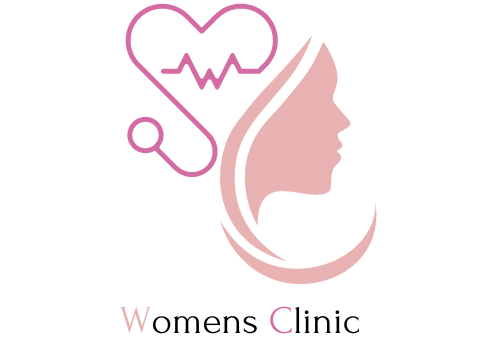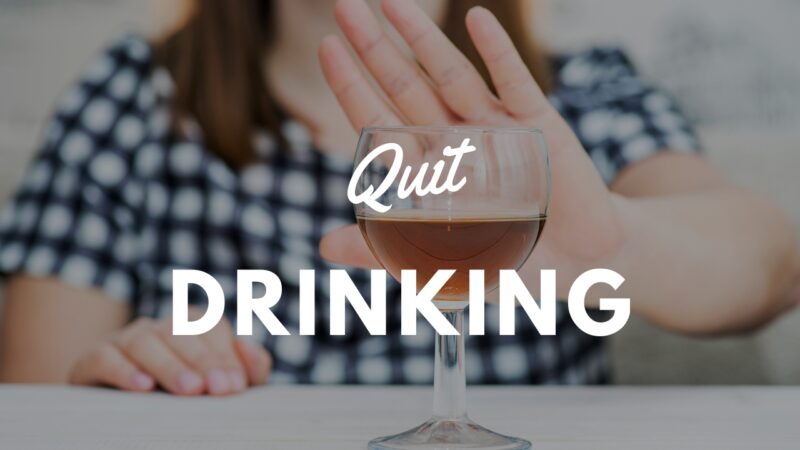It’s often socially accepted, even encouraged, to enjoy a glass of wine or a cocktail at the end of a long day. But while moderate alcohol consumption can be part of a balanced lifestyle for some, it’s important to note the significant health benefits associated with reducing alcohol consumption or abstaining altogether. This article specifically explores the profound impacts on women’s health when they choose to quit drinking alcohol.
Alcohol affects men and women differently due to variations in body composition and hormones. As such, the benefits women experience when they quit drinking can be distinct and multifaceted. Let’s dive into the world of non-drinking and explore the advantages it holds for women’s health.
Alcohol and Women’s Health
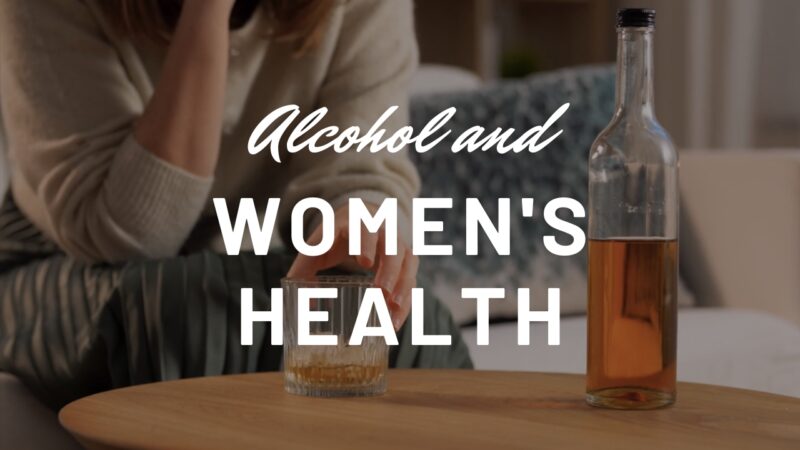
Alcohol can have diverse effects on a woman’s body. From the brain to the liver, from the cardiovascular system to reproductive health – alcohol leaves no organ system untouched. Women, in particular, may be more susceptible to the detrimental effects of alcohol due to their typically smaller body size and different metabolic rates compared to men.
Heavy drinking can lead to severe health problems, including liver disease, heart disease, certain types of cancer, and brain damage. Additionally, alcohol misuse can have significant effects on mental health, leading to disorders like depression and anxiety. It’s crucial to understand these risks to fully comprehend the benefits of quitting.
Liver Health
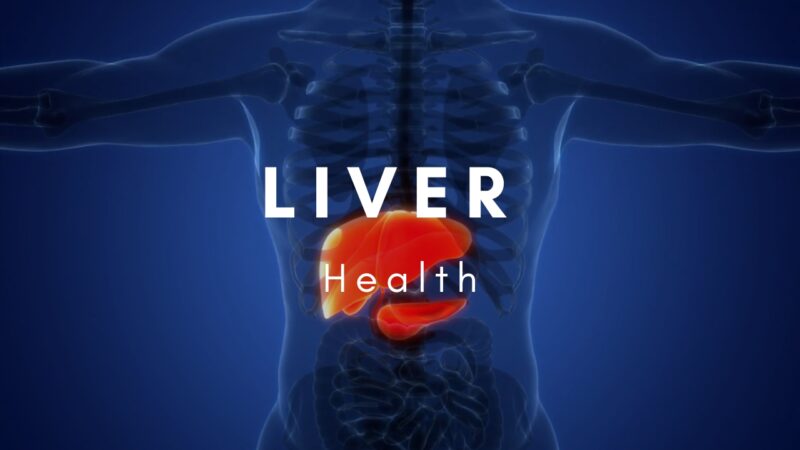
The liver is one of the most affected organs when it comes to alcohol consumption. It’s the primary site where alcohol is broken down and processed. However, the liver can only metabolize a certain amount of alcohol at a time, leaving the excess to circulate throughout the body. This process can lead to liver inflammation and other serious problems like cirrhosis.
When a woman stops drinking:
- Liver functions begin to improve.
- The risk of developing alcoholic liver disease decreases.
- The liver begins to heal from any alcohol-induced damage, depending on the extent of the damage.
Cardiovascular Health
Regular heavy drinking can increase blood pressure, lead to the development of heart disease, and increase the risk of stroke. These risks are even higher in women due to differences in how alcohol is metabolized.
When a woman stops drinking:
- Her blood pressure starts to normalize.
- The risk of heart disease and stroke significantly decreases.
- Overall cardiovascular health improves.
Mental Health

Alcohol can exacerbate mental health issues like depression and anxiety. While some people use alcohol to “self-medicate,” it often worsens these conditions in the long run. Moreover, alcohol can also cause a lack of deep REM sleep, leading to fatigue and mental fogginess.
After quitting alcohol:
- Women often experience improved mood and decreased anxiety.
- Sleep patterns can improve, leading to better overall mental health and clarity.
- The risk of developing alcohol-induced psychiatric disorders decreases.
Skin Health

Alcohol dehydrates the body, including the skin, our largest organ. This can cause dryness, puffiness, and premature aging. Alcohol also dilates the pores of the skin, leading to blackheads and whiteheads – and can increase the risk of acne.
When a woman stops drinking:
- Skin hydration levels can improve, making skin look healthier and more radiant.
- Premature aging signs slow down, and the risk of alcohol-related acne decreases.
Weight Management
Alcohol is high in empty calories and can contribute to unwanted weight gain. It can also increase appetite and decrease your resolve to eat healthily. This is particularly crucial for women as they are more likely to face societal pressure about their weight and appearance.
By quitting alcohol:
- Women can better manage and control their weight.
- There’s a decrease in empty calorie intake, which can contribute to weight loss.
- It becomes easier to maintain a healthy diet as alcohol-induced cravings reduce.
Hormonal Balance
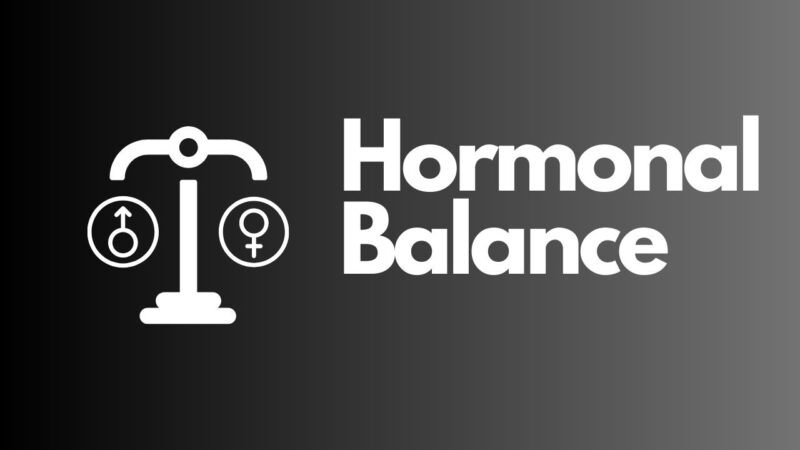
Alcohol can impact the delicate balance of hormones in a woman’s body, including those responsible for regulating the menstrual cycle. It can also increase the risk of fertility issues.
By quitting alcohol:
- Women may experience more regular menstrual cycles.
- Fertility may improve, increasing the chances of conception for those trying to get pregnant.
Cancer Risk
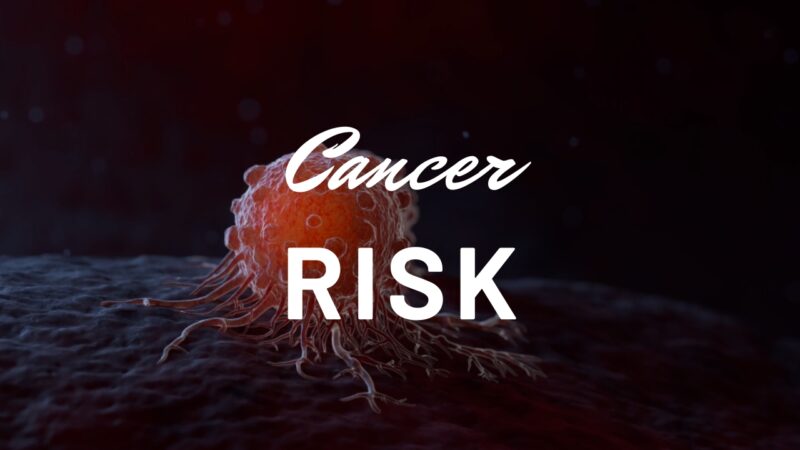
There is a well-established link between alcohol consumption and an increased risk of various cancers, including breast cancer. This risk is higher in women, even with moderate levels of drinking.
By quitting alcohol:
- The risk of alcohol-related cancers, particularly breast cancer, decreases.
- The effectiveness of treatments for those already diagnosed with such conditions can improve.
Bone Health
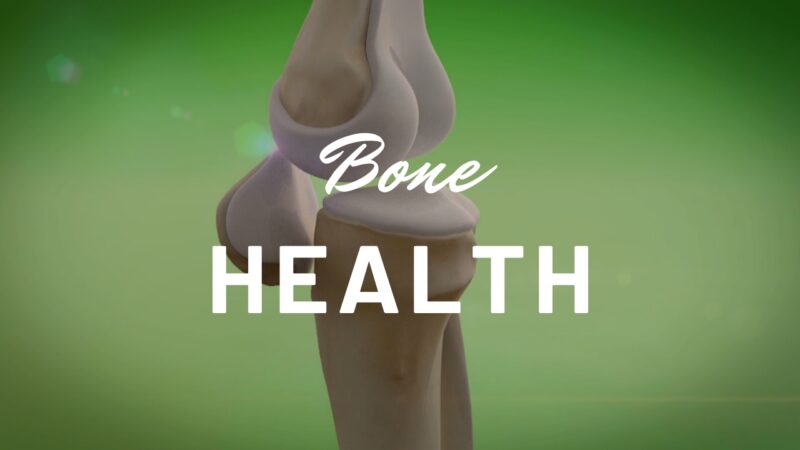
Chronic heavy drinking can lead to decreased bone density and an increased risk of fractures. This is particularly concerning for postmenopausal women who naturally face a higher risk of osteoporosis.
By quitting alcohol:
- Bone density can improve, reducing the risk of fractures.
- The body’s calcium balance, crucial for bone health, improves.
Longevity and Quality of Life
Numerous studies have shown that moderate to heavy drinking can shorten your lifespan. Alcohol also affects the quality of life, from work performance to relationships and overall physical health.
After quitting drinking:
- Life expectancy can improve.
- The overall quality of life may improve as well, given the combined health benefits of abstinence.
Pregnancy and Breastfeeding
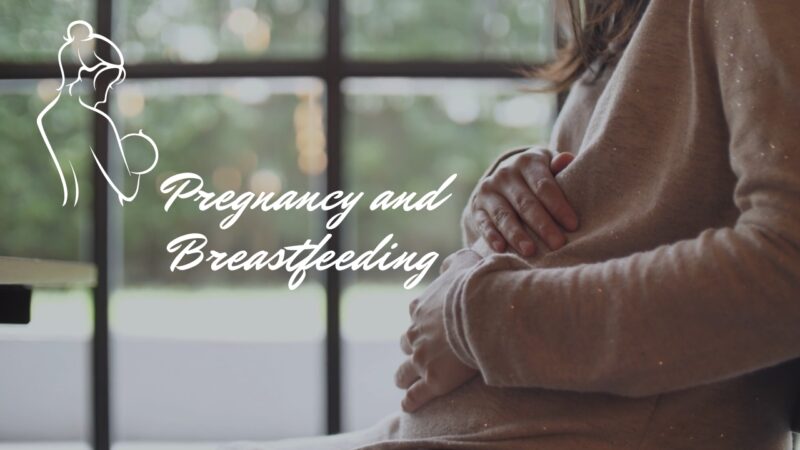
Drinking alcohol during pregnancy can lead to severe birth defects known as Fetal Alcohol Spectrum Disorders (FASDs). Alcohol can also pass through breast milk and affect a breastfeeding infant.
When a woman who is pregnant or breastfeeding quits drinking:
- The risk of FASDs is eliminated.
- The baby’s risk of developmental issues due to alcohol exposure is removed.
Savings and Socio-Economic Benefits
Aside from the numerous health benefits, quitting alcohol can also have socio-economic benefits. The cost of regular drinking adds up, and the money saved can be substantial.
When a woman stops drinking:
- She may notice a considerable amount of money saved.
- Productivity can increase, potentially leading to better job performance and opportunities.
Relationships and Social Interactions
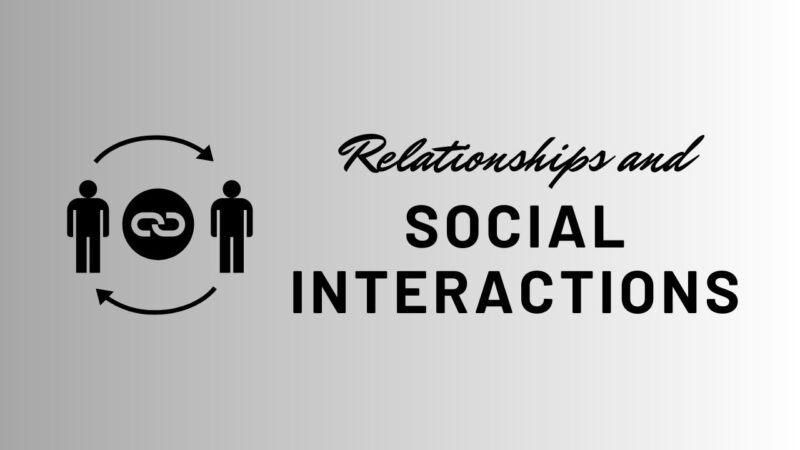
Heavy drinking can strain personal relationships and lead to social isolation. Alcohol can also lower inhibitions, potentially leading to risky behavior and unfortunate outcomes.
By quitting alcohol:
- Women often notice improvements in their personal relationships.
- Social interactions can become more genuine and less fraught with potential problems.
Closing Thoughts
The benefits of quitting alcohol for women are vast and varied. They encompass improvements in physical health, mental well-being, relationships, finances, and overall quality of life. It’s important to remember that every journey towards reducing alcohol consumption or complete abstinence is unique, and every step taken, no matter how small, is a victory.
Seek support from professionals, friends, and family, and know that every day without alcohol contributes to a healthier, happier you.
In addiction recovery, understanding and implementing self-care practices play a crucial role in achieving lasting success and reaping the numerous health benefits associated with abstaining from alcohol.
